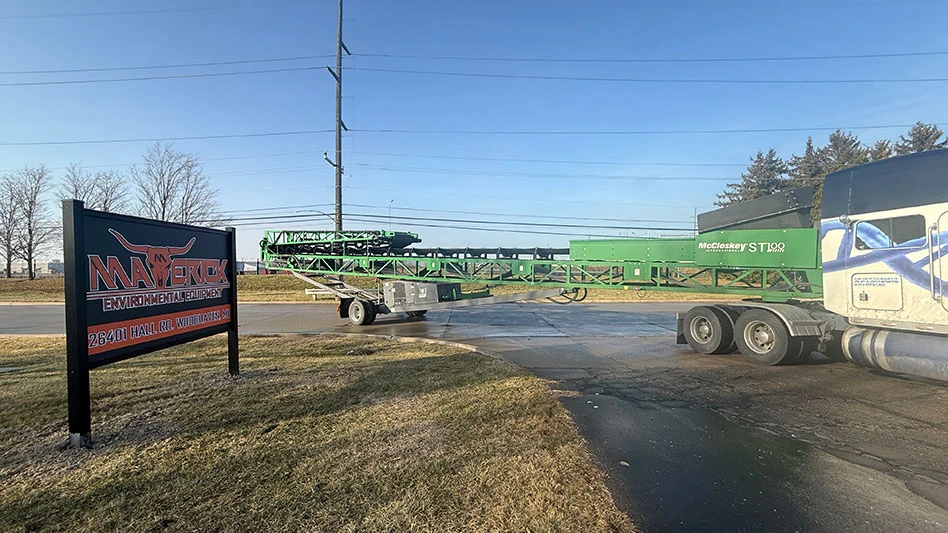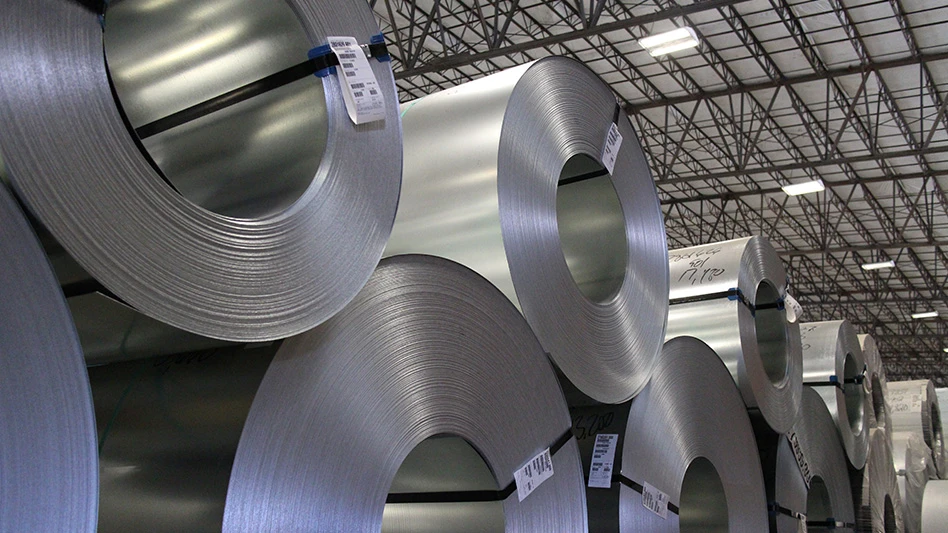No single scrap tire program fits all situations, RMA Senior Technical Director Michael Blumenthal told a group of professionals at the Clemson Tire Industry Conference in Hilton Head, South Carolina.
Blumenthal gave the audience an overview of the scrap tire programs in the United States, Canada, European Union, Brazil and Japan. The programs vary greatly with shared responsibility for scrap tires in the United States and Canada to manufacturer responsibility in Europe and Brazil.
"Better results occur when there is a comprehensive scrap tire program that includes all involved industries," Blumenthal said.
The European Union (EU) created several directives that focus on reducing landfills, recycling waste and standardizing the transport of scrap tire waste. As a result, 90 percent of the countries in the EU have made a concerted effort to revise existing guidelines or create new ones to improve the management of post-consumer tires.
Brazil enacted legislation in 2000 that requires tire manufacturers to create markets for scrap tires. Most of their scrap tires are sent to cement kilns. "Since this is a relatively new initiative, it is still unknown if this country's goals can be achieved," Blumenthal said.
Japan has a long-existing cooperative program that includes tire manufacturers, government bodies and other related industries, he said. Since land is limited in Japan, they have no ability to landfill scrap tires, creating few stockpiles.
Japan has had a high rate of success, with 89 percent of their scrap tires accounted for in tire-derived fuel, exports and ground rubber. Blumenthal added that it is anticipated that Japan will reach 100% capture of the scrap tire market.
Eighty percent of Canada's provinces have scrap tire programs. The active provinces operate under a general approach of a cooperative effort between government, tire manufacturers and processors. Several provinces have created stewardship boards to oversee the scrap tire activities. These have proven to be a successful approach.
"Canada's continued success is a direct result of their fees and payments structure," Blumenthal said.
Latest from Recycling Today
- SSAB finishes 2025 with decreased revenue
- Vecoplan appoints CFO
- Aurubis raises full-year forecast
- Levitated Metals adds LIBS sorting technology
- Redwood Materials closes on $425M in Series E financing
- Updated: Wieland Chase expands northwest Ohio facility
- Recovered paper traders report lukewarm market
- SHFE trading expansion focuses on nickel





